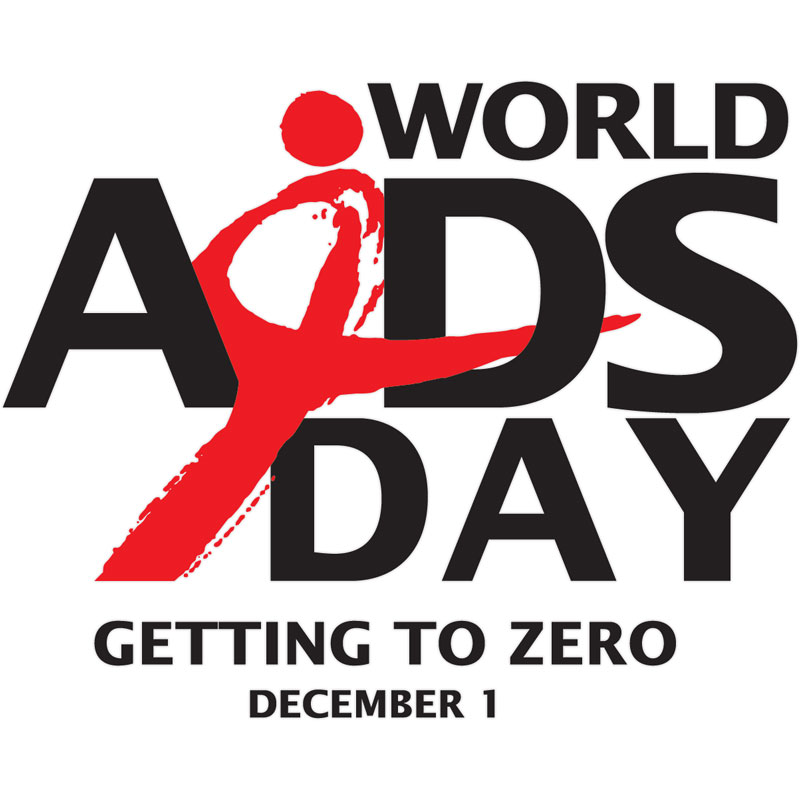Barriers to progress – Treatment activists’ response to WHO HIV treatment guidelines 2015
On World AIDS Day 2015, treatment activists celebrate the achievements made in the global fight against AIDS. Ambitious goals have been set that aim to achieve 90% of people living with HIV knowing their status, 90% of those who know their HIV status being on sustained antiretroviral therapy and 90% of those to be virally suppressed by 2020. The 2015 World Health Organization (WHO) consolidated guidelines on the use of antiretroviral drugs for treating and preventing HIV infection, issued today, is an important step towards reaching those targets.
The International Treatment Preparedness Coalition (ITPC), AIDS & Rights Alliance for Southern Africa (ARASA) and the Asia Pacific Network of People Living with HIV/AIDS (APN+) welcome the new WHO HIV treatment guidelines, but would like to underline three issues that represent barriers to continued progress.
- Community-led treatment education is inadequately supported and needs to be scaled up;
- People living in middle income countries are denied affordable access to essential medicines, such as dolutegravir;
- Availability of routine viral load monitoring remains patchy and limited in too many countries.
Community-led treatment education needs to be scaled up
We welcome the new “test and offer to treat” approach to ensure people living with HIV can benefit from starting treatment early. However, treatment initiation will always need to be guided by individual choices of patients who are knowledgeable about their options. Unfortunately, such education is rarely supported at the moment. We urge the international community to ensure that adequate, community-led treatment education is an integral part of treatment scale up.
Middle income countries need affordable access to essential medicines
We welcome the recommendation in the guidelines for the use of new antiretroviral drugs such as dolutegravir, which is more potent, has fewer side effects and a lower risk of resistance for patients, than previous drugs. However, this drug will not be available for the vast majority of people who need it in middle income countries, because of patents and the drug’s exclusion from a voluntary license issued by ViiV Healthcare in 2014.
We urge ViiV to extend its license to all middle income countries currently excluded. We call on governments to use public health safeguards such as compulsory licenses, when needed, to ensure access to essential medicines.
Governments need to adopt and implement routine viral load monitoring now
While we are happy to see reaffirmation for routine viral load monitoring in the consolidated guidelines, we are dismayed that it is still not routinely available for people living with HIV in far too many countries. The campaign ‘Be Healthy – Know your viral load’ shows that viral load testing is not routinely available in the many African countries that adopted the 2013 WHO recommendations. Other countries, such as India, have still not adopted recommendations, and only recommend viral load tests following signs of treatment failure.
We urge governments to fast track the adoption of this recommendation, and ensure if there are costs to patients, that these are affordable. In the long term this will ensure better health outcomes for people living with HIV, and it will save lives and domestic resources.
“We urge national governments, the international community and the pharmaceutical industry to ensure HIV testing, and uninterrupted, quality HIV treatment is available to everybody,” explains Christine Stegling, Executive Director of ITPC. “Communities and individuals should be supported to understand the treatment options available to them. Furthermore effective medicines and diagnostics for testing and treatment should be accessible to everybody, including those most affected, such as sex workers, men who have sex with men, people who use drugs and adolescents, regardless of geographic location and income level of the country.”
ENDS
Notes:
For interviews with Christine Stegling contact Julia Powell at jpowell@itpcglobal.com.
International Treatment Preparedness Coalition
International Treatment Preparedness Coalition (ITPC) is a global coalition of HIV treatment activists formed in 2003 to respond to the needs of communities worldwide. The global network is driven by individual activists, peer support groups, grassroots networks, community-based organizations, and non-governmental organizations. Each of the ITPC regional offices share our values and vision and come together to address issues around access to treatment issues in their countries, regions and at the global level. The Coalition includes organizations and networks run by key populations – lesbian, gay, bisexual, transgender and intersex people (LGBTI), sex workers and people who use drugs – as well as others marginalized within the current HIV response, such as women, girls and migrants.
- ITPC Central Africa
- ITPC East Africa
- ITPC Eastern Europe and Central Asia
- ITPC Latin America and Caribbean
- ITPC Middle East and North Africa
- ITPC South Asia
- ITPC West Africa
For more information see www.itpcglobal.org
AIDS and Rights Alliance for Southern Africa (ARASA)
The AIDS and Rights Alliance for Southern Africa (ARASA) is a regional partnership of non-governmental organizations working together to promote a human rights approach to HIV/AIDS and TB in Southern Africa through capacity building and advocacy. ARASA partners comprise a diverse mix of more and less well-established organizations including networks of people living with HIV (PLHIV), legal aid, women’s, youth and AIDS service organizations.
For more information see www.arasa.info
Asia Pacific Network of People Living with HIV/AIDS (APN+)
The Asia Pacific Network of People Living with HIV/AIDS (APN+) was established in response to the need for a collective voice for people living with HIV in the Asia Pacific region, to better link positive networks throughout the world, and to support regional responses to widespread stigma and discrimination and better access to treatment and care.
For more information see www.apnplus.org
